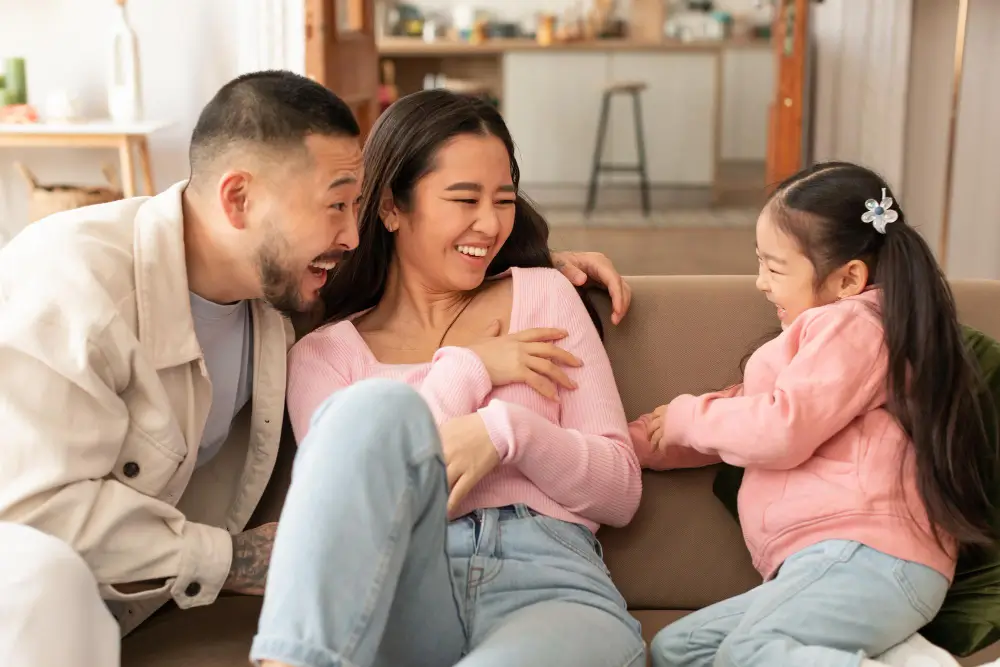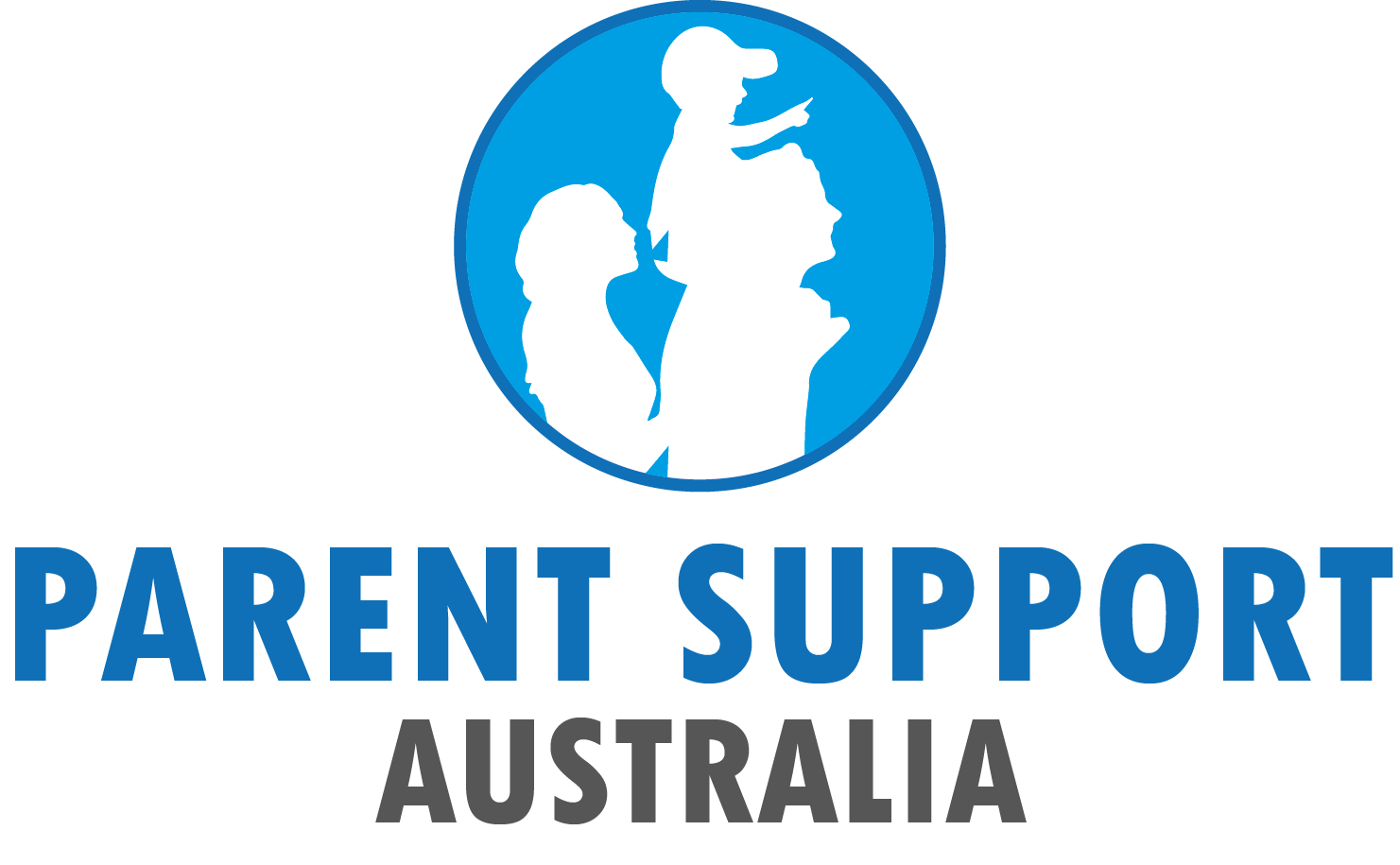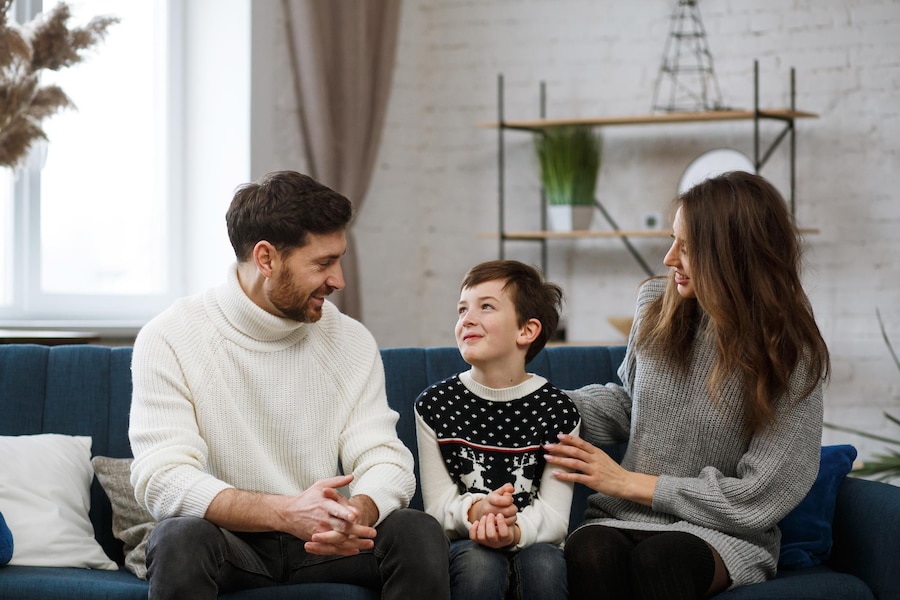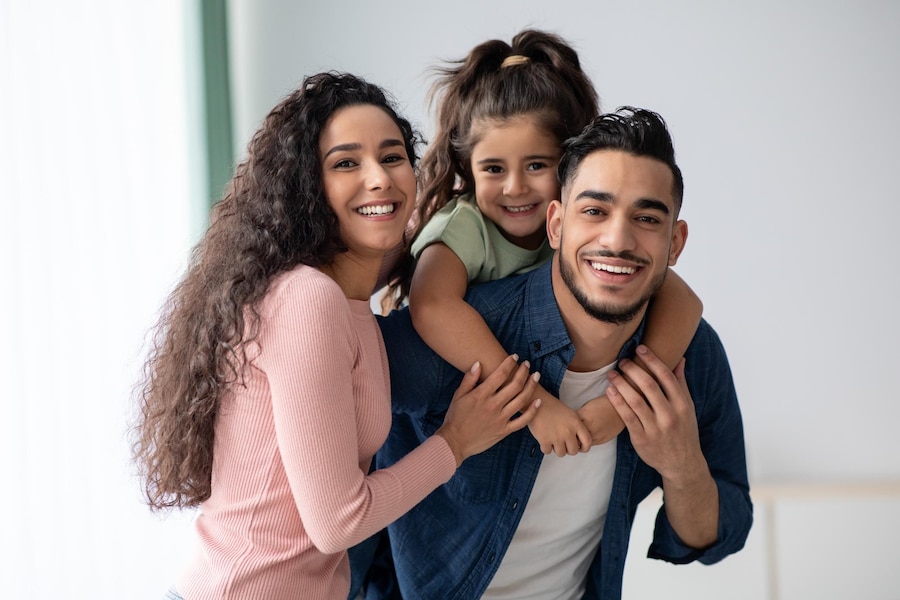Parents, you are invited to a guide that goes “BeyondTimeout.” Parenting frequently presents difficult circumstances that demand alternatives to conventional disciplinary actions. “Beyond Timeout: Gentle Parenting Solutions for Challenging Moments” examines various alternative strategies to establish a bond, understand, and foster long-term skills. Uncover the efficacy of collaboration in problem-solving, engaging in mindful breathing, and shifting your attention to transform challenges into chances for personal development. This pamphlet serves as more than a mere handbook; it serves as an enticement to delve into the realm of empathetic parenting, where difficulties are viewed as chances for personal development and love and respect are nurtured via punishment. We should maintain composure and demonstrate empathy in response to these challenges.
Understanding the Gentle Approach

Why Gentle Parenting?
Let’s kick things off by addressing the big “why.” Why choose gentle parenting over more traditional disciplinary methods? The answer lies in cultivating a relationship built on trust and understanding rather than fear and authority. We’ll delve into the benefits of this approach and how it sets the stage for a more positive parent-child dynamic.
The Power of Connection
Connection is at the heart of gentle parenting. We’ll discuss how establishing a strong emotional bond becomes a powerful tool during challenging moments. Learn about the importance of being present, tuning into your child’s emotions, and responding empathetically.
Alternatives to Traditional Timeouts
Mindful Breathing Techniques
Discover the art of mindful breathing—both for you and your child. We’ll explore how incorporating simple breathing exercises into challenging moments promotes emotional regulation and creates a space for open communication.
The Magic of Redirection
Redirection is a magical wand in compassionate parenting; it is not merely a tool. Determine how shifting your child’s attention can transform difficult circumstances into chances for development and learning. Practical examples and strategies for mastering the art of compassionate redirection will be provided.
Creating a Safe Space for Expression
Instead of isolating in timeout, let’s create a safe space for expression. We’ll discuss the significance of allowing your child to express their feelings and thoughts, fostering open communication that builds trust and emotional intelligence.
Teaching Life Skills Through Challenges
Problem-Solving Together
Difficulties provide great chances to instruct in the art of problem-solving. We’ll show you how to solve problems in a team setting, where you and your kid collaborate to find answers. Imparting lifelong skills is more important than only treating the behavior.
Building Emotional Resilience
Resilience is a key life skill. Learn how to use challenging moments to build emotional resilience in your child. We’ll explore strategies that nurture the ability to bounce back from difficulties, promoting a positive mindset even in the face of challenges.
Nurturing and Respectful Communication
The Art of Active Listening

Communication serves as the cohesive element that binds relationships. Engage in active listening by attempting to comprehend your child’s viewpoint without passing judgment. Methods for establishing a dialogue that promotes cooperation and connection will be discussed.
Setting Clear Expectations
Setting expectations doesn’t mean being authoritarian. We’ll discuss establishing clear expectations collaboratively, ensuring your child understands boundaries while feeling respected and valued.
Conclusion: Embracing the Gentle Journey
As we close our gentle parenting solutions investigation, remember that the most important thing is not to have all the answers but to embrace the adventure together. We have a lot of resources available to us, like timeouts, that can help educate, develop, and reinforce the link between parents and children. Together, we can weather these storms gracefully, cultivating an atmosphere of unconditional love, mutual respect, and lifelong education. Here’s to being a patient and understanding parent! as we begin the wonderful adventure of becoming parents, savouring every moment that comes our way!


















